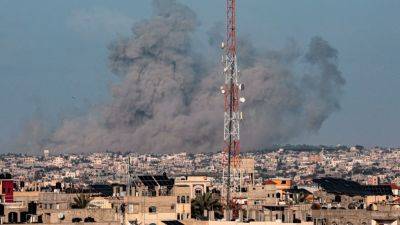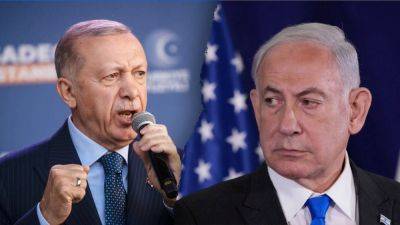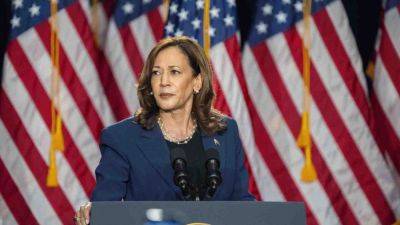For college students arrested protesting the war in Gaza, the fallout was only beginning
AMHERST, Mass. (AP) — Since her arrest at a protest at the University of Massachusetts, Annie McGrew has been pivoting between two sets of hearings: one for the misdemeanor charges she faces in court, and another for violations of the college’s conduct code.
It has kept the graduate student from work toward finishing her dissertation in economics.
“It’s been a really rough few months for me since my arrest,” McGrew said. “I never imagined this is how UMass (administration) would respond.”
Some 3,200 people were arrested this spring during a wave of pro-Palestinian tent encampments protesting the war in Gaza. While some colleges ended demonstrations by striking deals with the students, or simply waited them out, others called in police when protesters refused to leave.
Many students have already seen those charges dismissed. But the cases have yet to be resolved for hundreds of people at campuses that saw the highest number of arrests, according to an analysis of data gathered by The Associated Press and partner newsrooms.
Along with the legal limbo, those students face uncertainty in their academic careers. Some remain steadfast, saying they would have made the same decisions to protest even if they had known the consequences. Others have struggled with the aftermath of the arrests, harboring doubts about whether to stay enrolled in college at all.
<bsp-list-loadmore data-module="" class=«PageListStandardB» data-gtm-region=«RELATED COVERAGE» data-gtm-topic=«No Value» data-show-loadmore=«true»






